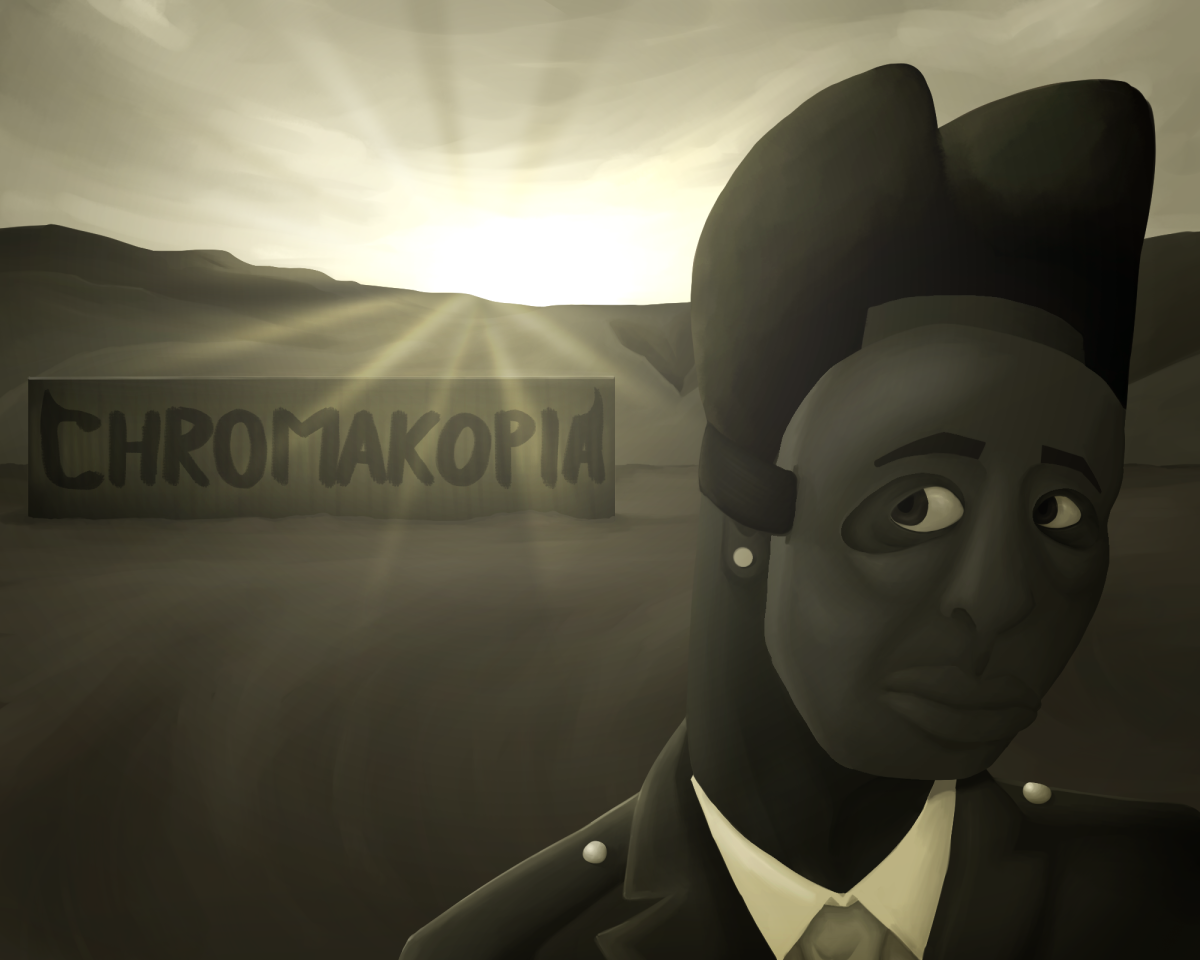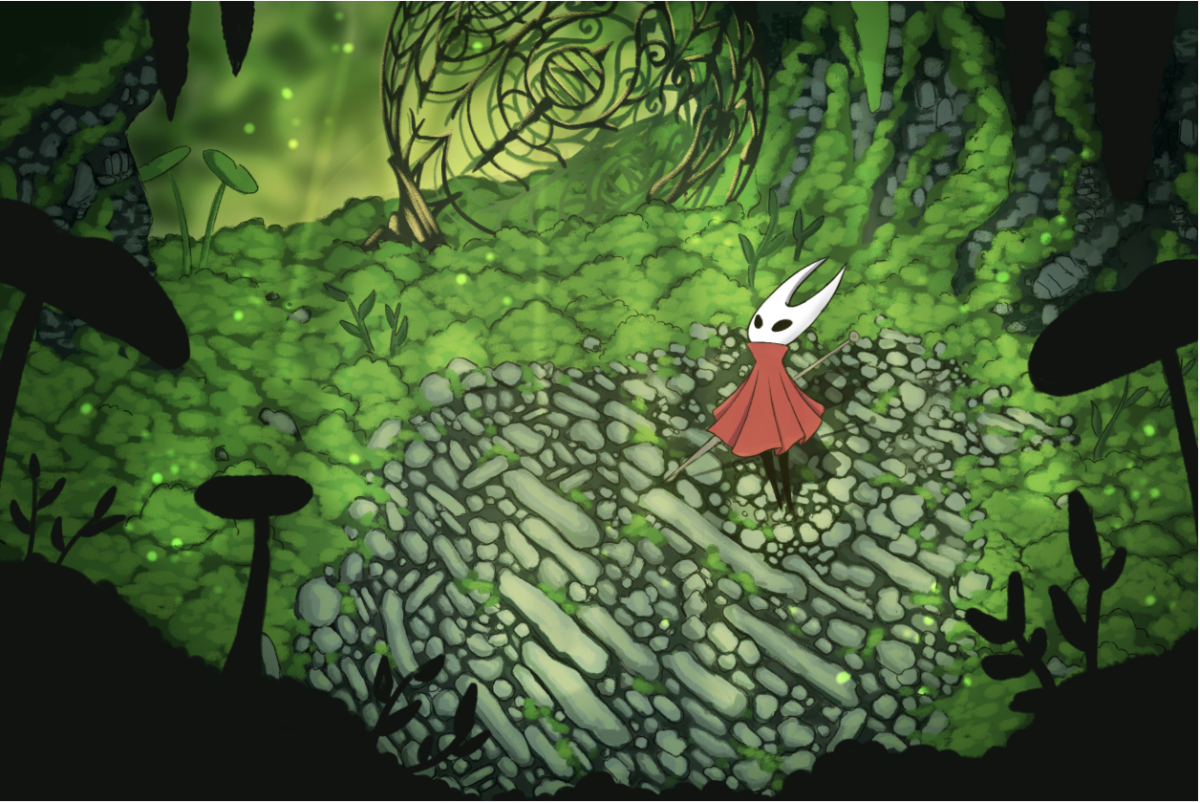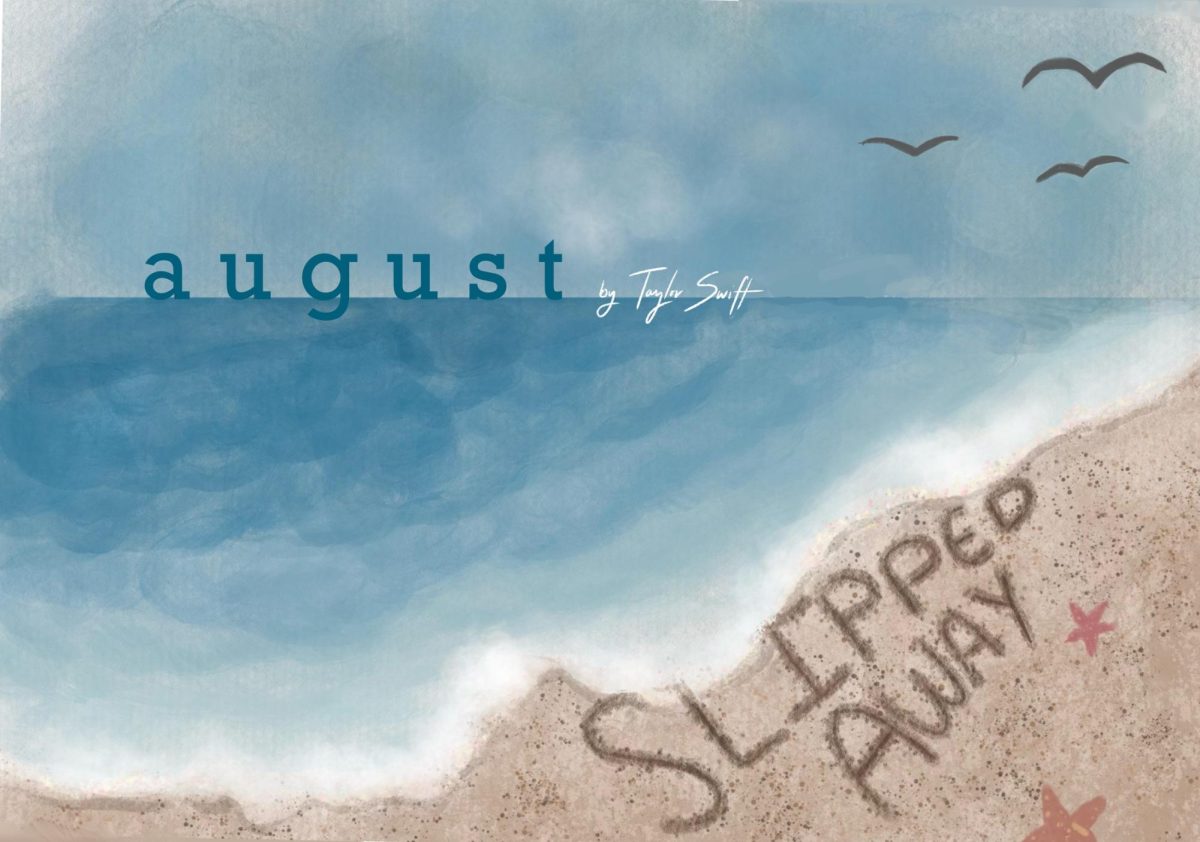After three long years of waiting, the hip-hop artist Tyler Okonma, widely known as “Tyler, The Creator,” released his eighth studio album, “Chromakopia” on Oct. 28. 2024. The latest addition to the discography is his third chart topping collection on billboard 200, along with “IGOR” and “CALL ME IF YOU GET LOST”.
Tyler, The Creator has been a key player in the hip-hop scene since the 2010s and has continued to produce hits for the past few years. His music is known for having violent lyrics and is described by many to be immature, creating some controversy around various songs. Despite this, Okonma has amassed a large fan base with his aggressive beats and fast-paced lyrics.
More recently, the artist has shown another side to his music with songs such as “See You Again” and “EARFQUAKE,” which focus more on melody than beat, even if the lyrics themselves can still be seen as hostile.
“Chromakopia” tactfully mixes the two styles and brings them into a new level of maturity in comparison to previous works only scrape the surface when it comes to thematic topics. This album almost feels like we see Tyler, The Creator looking at himself in the mirror voicing his thoughts, opinions and insecurities, giving listeners a whole new perspective.
Jonah Brown ‘27 of Foothill Technology High School (Foothill Tech), says it is, “by far [Okonma’s] most personal” work, explaining that previous albums don’t really meet the same level of openness and humility that “Chromakopia” achieves.
This lifting of the veil connects listeners to Okonma’s story. He tells the story of the town he grew up in – Hawthorne, Calif. – and inward feelings toward not just his present self, but reflections about his time as an adolescent. Some of this reflection is shown through the narration of Okonma’s mother, Bonita Smith, as if he is, in a way, letting us be a part of his mind and family.
The album tackles the concept of living your life to the fullest in a somewhat romantic fashion. Okonma highlights topics such as unexpected pregnancies and the difficulty of mass publicity and fame, tying them into his overarching message of “taking your mask off” and not hiding your true self. All of the songs connect to his main idea, yet he lets them all have their own meaning.
“Chromakopia” may be a step up when it comes to theme and message, but one Foothill Tech student felt that it had fallen short in a different category. Kaleo Navarro ‘26 said that he loved the album but thought it was missing more of an upbeat “vibing” feel to it, such as “Flower Boy,” another of the artists’ albums. Navarro explained that he, “just ruined the beat” by adding in the recordings of his mom and that if he had focused more on beat and rhythm, the album would have found its missing piece.
However, some could argue that the generally slower-pace of “Chromakopia” shows diversity and ability to create all types of music. As well as the fact that the album does contain a good amount of fast-paced tracks such as “Rah Tah Tah”, “Sticky” and “Thought I Was Dead,” which emphasize beat drops and blunt rap verses; while songs like “Judge Judy”, “Tomorrow” and “Like Him” feel more intimate and melancholy.
The tracks have also gained attention through the many features in the album including Daniel Caesar, GloRilla, Lil Wayne and Sexyy Red among others. The heavy use of these features provides a good break of verses and ideas from different people, showing not only Tyler, The Creator’s musical prowess, but also his mixing abilities.
The nuance and subtlety in this new album is something that hasn’t seemed to be at the forefront of the artist’s discography previously. He gives us a meaningful, thought-provoking album that reaches new heights without losing the personality and style listeners have grown to know and love so well. He preserves his humble roots and continues to rely on talent and passion in his music and lyric writing. Okonma shows one that no matter how far you’ve come, or how much you’ve achieved, you always have something to improve on. For him, it’s, “taking that mask off and tell ‘em the truth.”






















